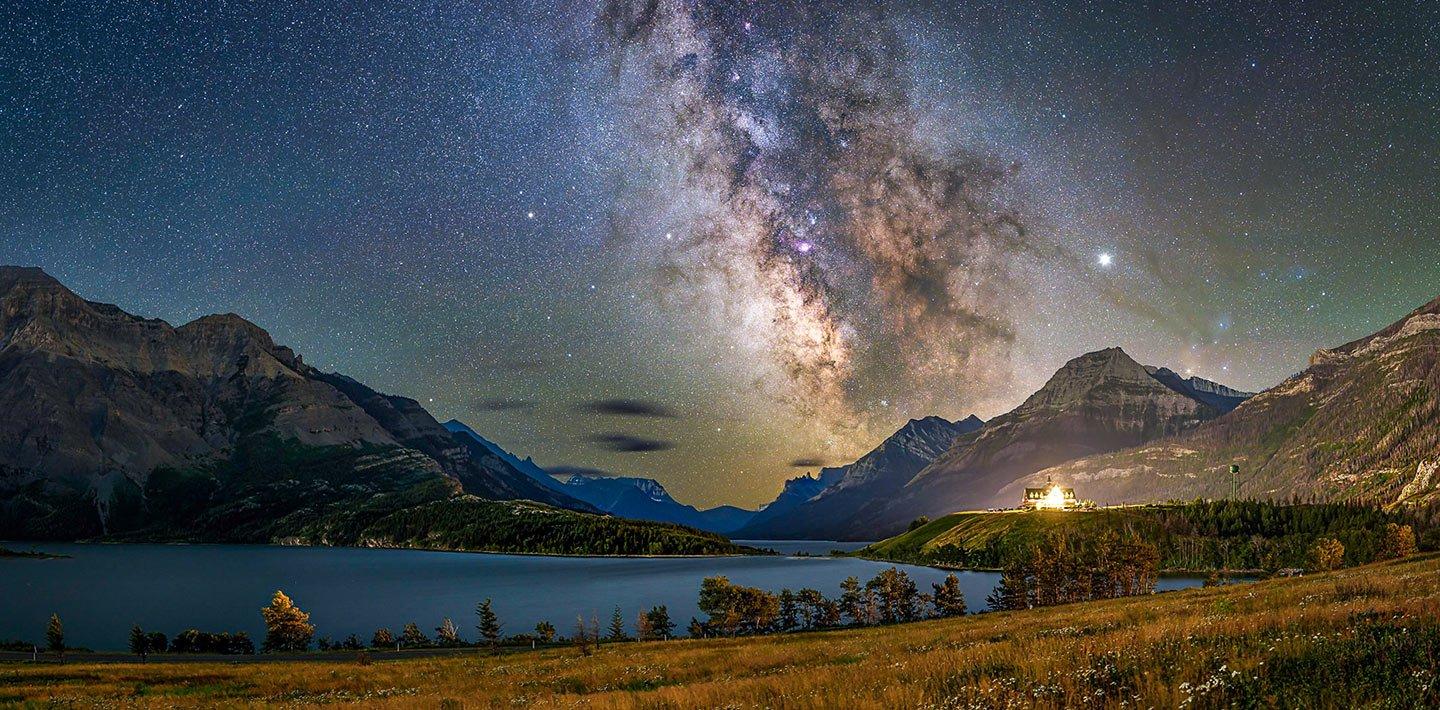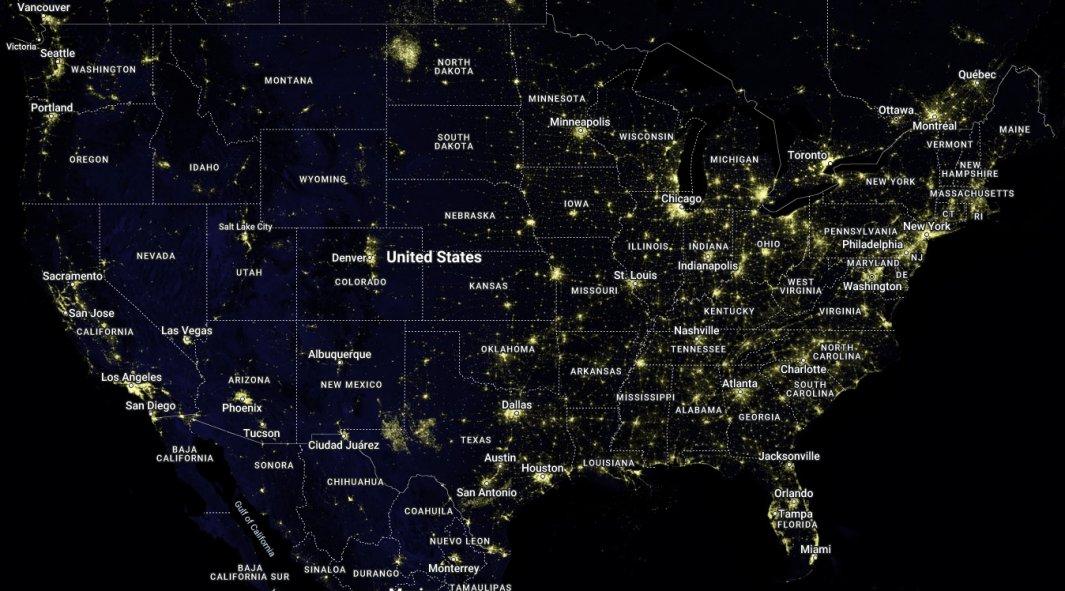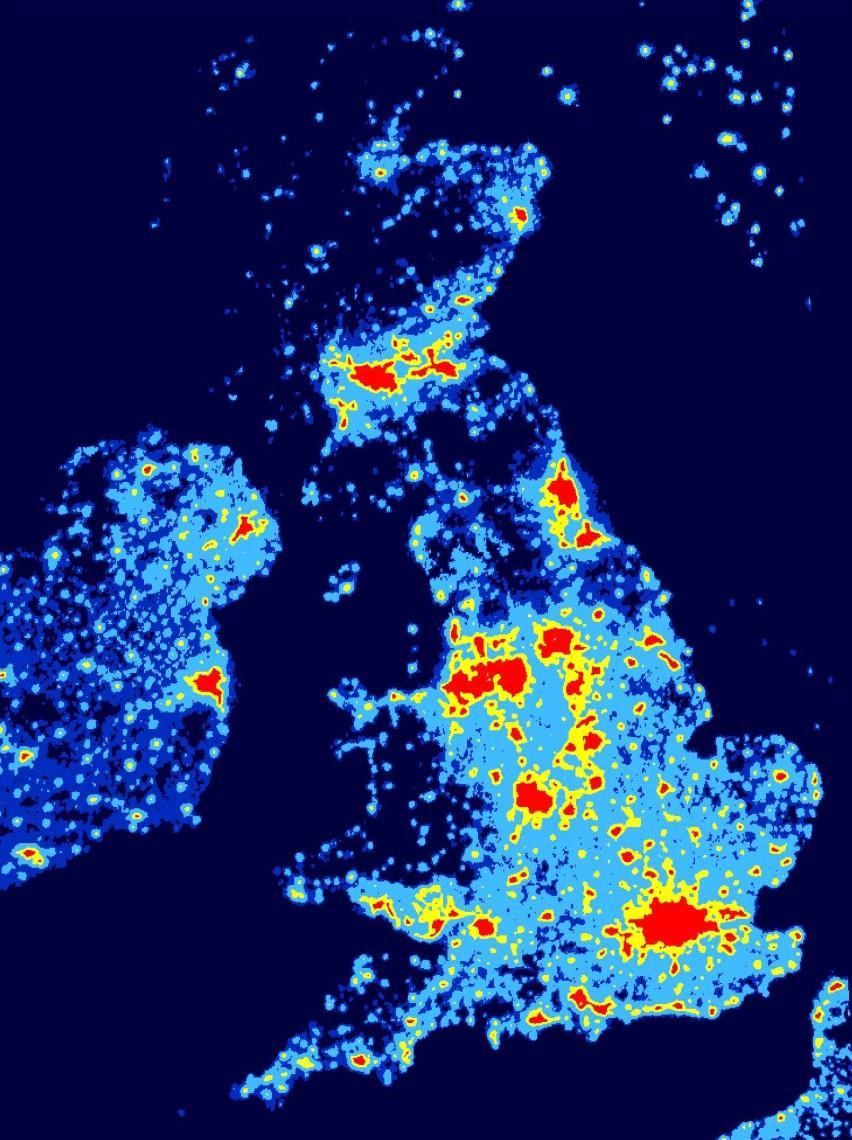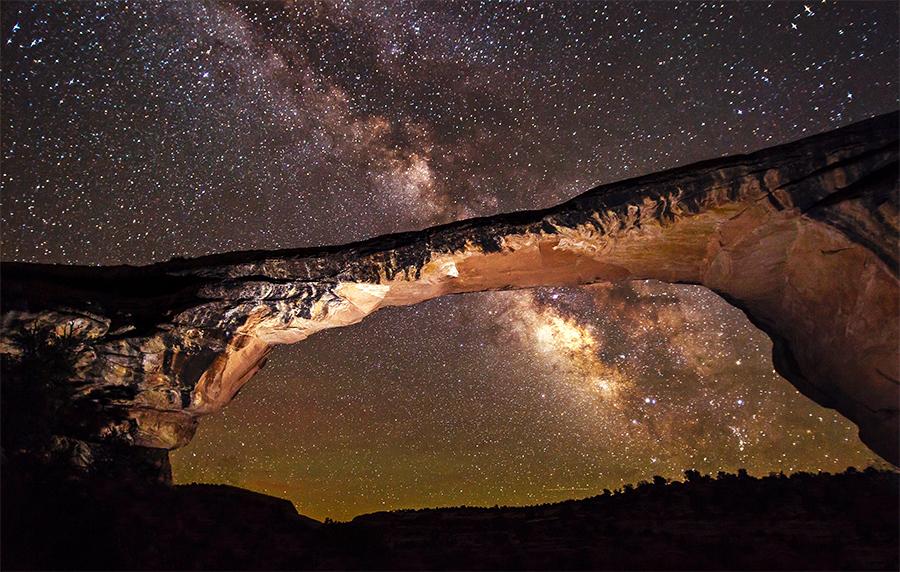Dark-Sky Wonders: Understanding Britains Night Sky Phenomena
As twilight envelops the land, the heavens transform into a dazzling canvas showcasing a myriad of celestial wonders.britain’s dark-sky locations offer a rare chance to witness the universe in all its glory, free from the encroaching light pollution of urban areas. Enthusiasts and casual stargazers alike are enchanted by the opportunity to explore the intricacies of the night sky, where the Milky Way spills across the horizon and constellations come alive. Not only do these remote spots reveal the brilliance of stars and planets, but they also serve as a portal to other phenomena, such as meteor showers and the enchanting dance of auroras.
Among the most cherished dark-sky destinations are:
- Northumberland National Park: Renowned for its vast, uninterrupted skies, it boasts some of the darkest conditions in England.
- Galloway Forest Park: Scotland’s first Dark Sky Park, offering breathtaking views of the Andromeda Galaxy during peak viewing seasons.
- Kielder Water and Forest Park: A haven for astronomers with facilities and events designed to enhance the stargazing experience.
- exmoor National Park: Not only a stunning natural landscape but also recognized for its dark skies, where the brilliance of stars shines like never before.
- snowdonia national Park: An awe-inspiring backdrop that combines majestic mountains with vast, clear skies, ideal for capturing the celestial wonders above.

Top Locations for Stargazing Enthusiasts in Britain
For stargazers eager to explore the celestial wonders above, Britain’s stunning dark-sky locations offer a perfect escape from urban light pollution. Head to the Northumberland International Dark Sky Park, renowned for its clear, pollution-free skies, where the Milky Way becomes a dazzling band across the night. Another highlight is Galloway Forest Park in Scotland, which boasts some of the darkest skies in the UK. With its extensive trails and secluded spots, visitors can experience the awe of shooting stars and distant galaxies.
In the heart of Wales lies the Brecon Beacons National Park, celebrated for both its breathtaking landscapes and exceptional stargazing opportunities, especially during the winter months when the air is crisp and clear. Don’t miss the Isle of Skye, where the rugged terrain mirrors the beauty of the cosmos, with vantage points that seem practically designed for astronomy. Likewise, the Exmoor National Park in England has been designated as a dark Sky Reserve, offering an inviting canvas for astrophotographers eager to capture the ethereal glow of the night sky.

Planning Your Visit: Tips for the Ultimate Dark-Sky Experience
To ensure a memorable stargazing experience, timing is crucial. Always check the lunar cycle and opt for nights when the moon is new or at its least brightness. This will minimize light interference, allowing the stars to shine more brightly in the sky. Consider visiting during autumn or winter, when longer nights provide ample opportunity for observation. Local weather conditions also play a significant role; clear skies are essential for a stellar view,so be sure to check forecasts ahead of your trip.
Planning is key to making the most of your dark-sky adventure. Pack essentials like a good pair of binoculars or a telescope for enhanced observation. Bring along a red flashlight to preserve your night vision, and remember to dress in layers to stay warm as temperatures plummet after sunset. Its also wise to download stargazing apps that can definitely help you identify constellations, planets, and other celestial wonders. consider joining local astronomy groups or guided tours to deepen your understanding and share in the excitement of the night sky.

The Impact of Light Pollution: Why Dark-Sky Destinations Matter
As urban areas continue to expand and light pollution becomes increasingly pervasive, numerous natural phenomena are hidden from our view, making places that preserve dark skies all the more vital. Light pollution disrupts ecosystems, wreaking havoc on nocturnal wildlife and affecting migratory patterns. Birds, for example, may become disoriented by artificial light, leading to risky collisions with buildings. Additionally, plants that rely on natural rhythms of day and night are impacted, affecting their growth and reproduction. This disruption cascades through the food chain, illustrating the profound implications light pollution carries for biodiversity.
Furthermore, dark-sky destinations provide not only an opportunity for astronomical observation, but also for fostering a deeper connection between humanity and the cosmos.In these untouched locales, visitors can engage in activities that raise awareness about the importance of our natural night sky. Some notable benefits include:
- Enhanced stargazing experiences: Witness the majesty of the Milky Way and track celestial events without interference.
- Community engagement: Participate in local events aimed at preserving dark skies and educating the public.
- Mental health and well-being: studies suggest that exposure to natural darkness can reduce stress and enhance overall mental clarity.
